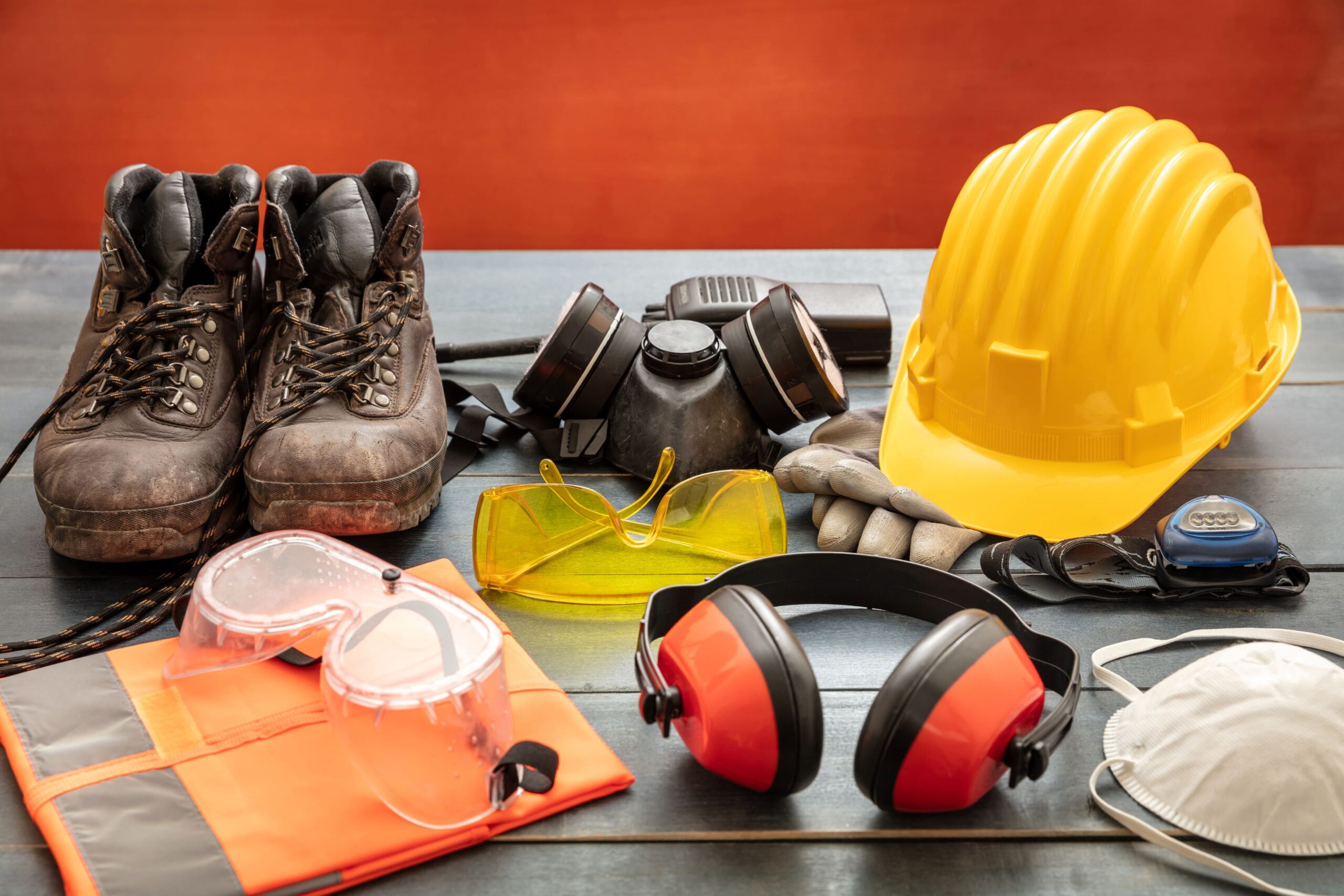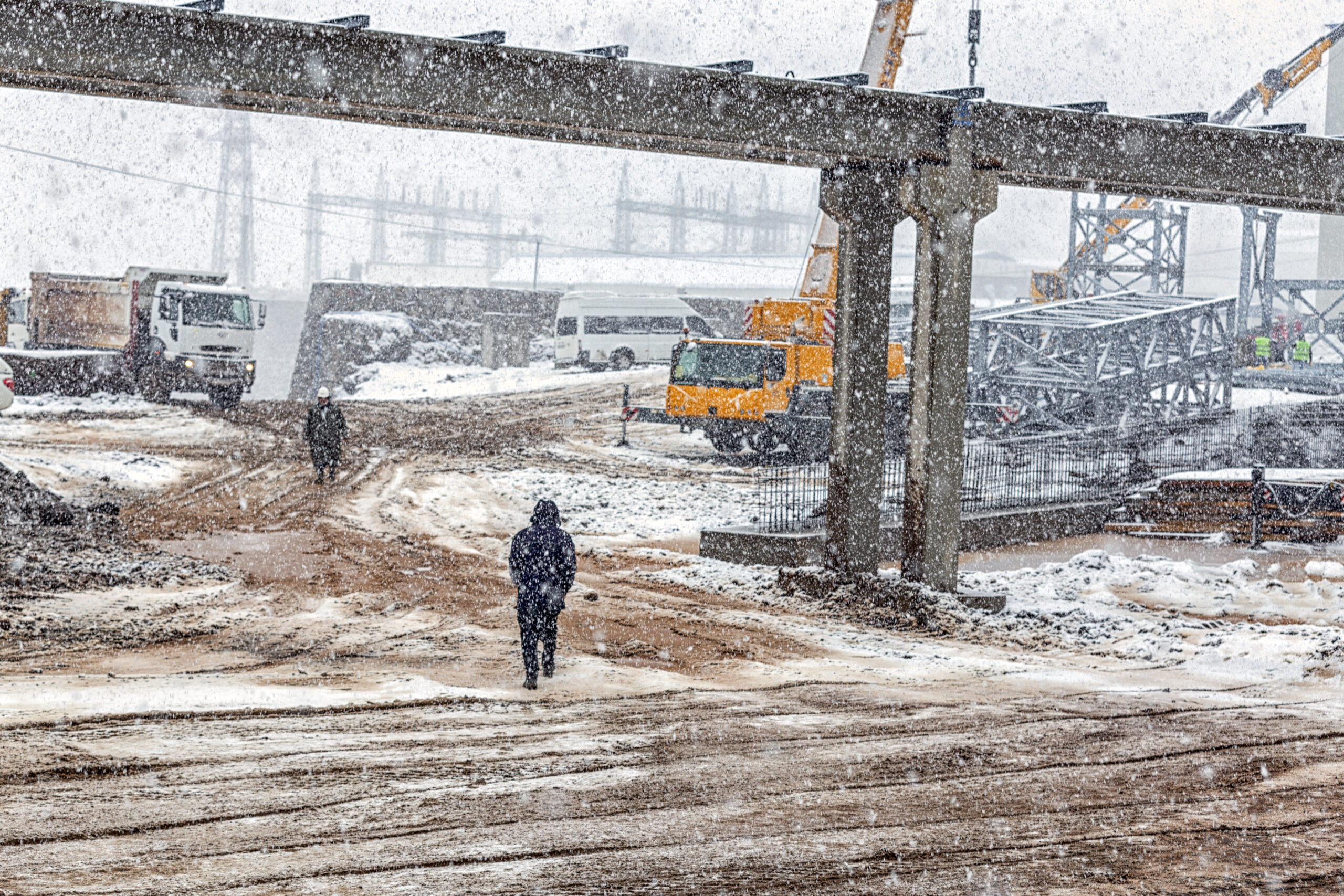workplace safety

November 27, 2024
Strategies for Maintaining Safety Standards Amid a Labor Shortage
The construction industry faces a critical labor shortage, with over three-quarters of contractors struggling to fill open positions. Approximately 80 percent of these contractors cite the lack of skilled, experienced workers as a significant safety and health risk to their employees. The sector’s safety challenges are underscored by government data identifying construction as the industry with...

Supporting Mental Health for a Safer Workplace
Mental illness is a prevalent issue in the United States. According to the National Institute of Mental Health, more than 1 in 5 (23.1%) adults live with a mental illness. These conditions can range from mild to severe, with the potential to significantly impact individuals and their ability to thrive in the workplace. Proactive measures...

November 21, 2024
Working Safely in Cold Weather
Workers exposed to cold conditions are at risk of hypothermia, frostbite, dehydration and muscle injuries. To prevent injuries and illness while working in winter weather, it’s crucial to understand safety considerations related to cold exposure. Signs of Cold-related Injury and Illness If you or a co-worker have any of the following symptoms, get indoors and...

November 14, 2024
Employer-reported Nonfatal Workplace Injuries and Illnesses Down 8.4%
Private industry employers reported an 8.4% decrease in nonfatal workplace injuries and illnesses in 2023 compared to 2022, according to the most recent data available from the U.S. Bureau of Labor Statistics. There were 2.6 million nonfatal workplace injuries and illnesses reported in 2023. The decrease was driven by a 56.6% drop in illnesses in...

October 29, 2024
Study Finds Extreme Temperatures Increase Workers’ Compensation Claims
The National Council of Compensation Insurance (NCCI) recently published a new study showing the relationship between injury frequency and weather conditions as they relate to workers’ compensation claims. In the study, the NCCI found that employees file 10% more workers’ compensation claims on hot and cold days than on days with moderate temperatures. The data...

October 24, 2024
Preventing the Top 4 Construction Hazards
Construction is one of the most hazardous industries in the United States. Many injuries on construction sites are caused by falls, struck-by incidents, caught-in-between incidents and electrocutions. The following are basic safety tips for avoiding these hazards and remaining injury-free: Preventing Falls Preventing Struck-by Incidents Preventing Caught-in-Between Hazards Preventing Electrocutions For more information, speak to...

October 17, 2024
Best Practices for Safety Committees
A safety committee is crucial for creating and maintaining a safe workplace culture. These committees bring together employees, management and safety professionals to proactively address workplace hazards. There are several organizational benefits to implementing a safety committee. They can provide a safer work environment, increase employee morale, lower workers’ compensation premiums by improving incident rates...

September 16, 2024
Ensuring Proper Workplace Ergonomics
October is recognized as National Ergonomics Month. According to the Centers for Disease Control and Prevention (CDC), the purpose of this yearly initiative is to raise awareness of and help reduce occupational injuries caused by poor workstation design. Ergonomics is the science of fitting a workspace to an individual’s needs to increase efficiency while reducing...

August 21, 2024
5 Risks of Hiring an Uninsured Contractor
Project owners or general contractors must carefully vet contractors to ensure jobsite safety and financial security. A critical factor in this selection process is verifying that contractors carry adequate insurance. Hiring uninsured contractors can expose a project to significant risks, including safety hazards, liability issues and potential financial losses. The following are five risks associated...

July 31, 2024
5 Steps for Building a Safety Program
A comprehensive safety program may not only reduce employee injuries and illnesses; it can also improve employee morale and retention. In addition, fewer workers’ compensation claims can help workers’ compensation costs over time. To realize these benefits, employers should consider these five steps to create a well-rounded safety program. 1.Develop Safety Programs Following OSHA Standards....
Recent Posts
- California Privacy Protection Agency Finalizes Automated Decision-making Technology Regulations
- CVSA Reveals 2025 Operation Safe Driver Week Results
- Marketplace Plans Opened Nov. 1, Premium Increases Expected
- Preventing and Addressing MIC in Fire Sprinkler Systems
- OSHA Releases Top 10 Violations for 2025
